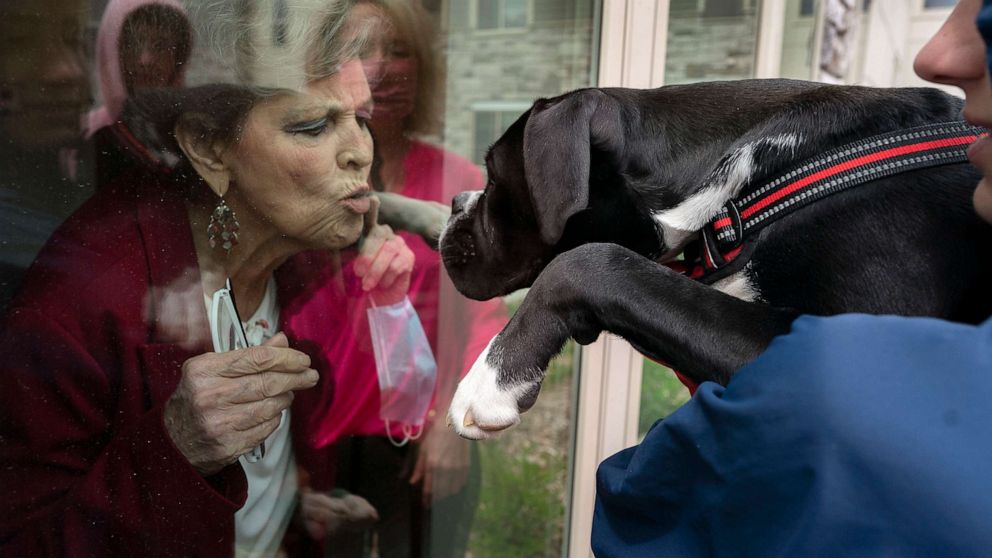People who stayed home before lockdown likely helped slow spread of COVID-19: Researchers
A new study has found that people who were proactive and stayed home even before lockdown orders were implemented in the United States may have helped slow the spread of the novel coronavirus back in March and April.
The study, published Wednesday in the Lancet, shows that in the 25 most affected U.S. counties, people started staying home more than would be typical nearly a full week to a month prior to their state's stay-at home policies were put in place.
The decrease in movement was strongly correlated with reduced COVID-19 case growth in those counties during March and April. This suggests that social distancing prior to policy enforcement played an important role in controlling the spread of the virus.
"If individual-level actions were not taken and social distancing behavior was delayed until the state-level directives were implemented, COVID-19 would have been able to circulate unmitigated for additional weeks in some locations, inevitably resulting in more infections and deaths," said Dr. Lauren Gardner, the study's lead author and an engineer at the Department of Civil and Systems Engineering at Johns Hopkins University.
"This demonstrates that it is within the power of each U.S. resident to help slow the spread of COVID-19," Gardner said.

"Intuitively, it makes sense that when you are dealing with a contagious respiratory virus that spreads from person to person over relatively short distances, if you socially or physically distance yourself from others, the risk of transmission will decrease," said Dr. Todd Ellerin, the director of infectious diseases at South Shore Health.
The study demonstrates people's movements by using aggregated and anonymized cell phone data, increasing travel from one destination to another, referred to as mobility ratio (MR) correlated with increasing number of cases of COVID-19.
"This starved the virus of the fuel it needs to spread from person to person, and was potentially the most important single intervention to reduce the COVID hot zones," said Ellerin.
The researchers said one of the biggest limitations they faced when completing their study was that it was hard to precisely quantify the impact of social distancing.
However, the Lancet study does show evidence that supports the idea that social distancing is an essential tool for minimizing the spread.
"The good news from this article is that social distancing often started before states mandated it, and we need to continue this preemptive strategy as individuals," said Ellerin. "We can't wait for our hospitals to reach maximum capacity with COVID and non-COVID patients before enacting this fundamental infection control principle."
Alexis E. Carrington, M.D., currently completing her internal medicine preliminary year at Elmhurst Hospital in New York City, is a contributor to the ABC News Medical Unit.




